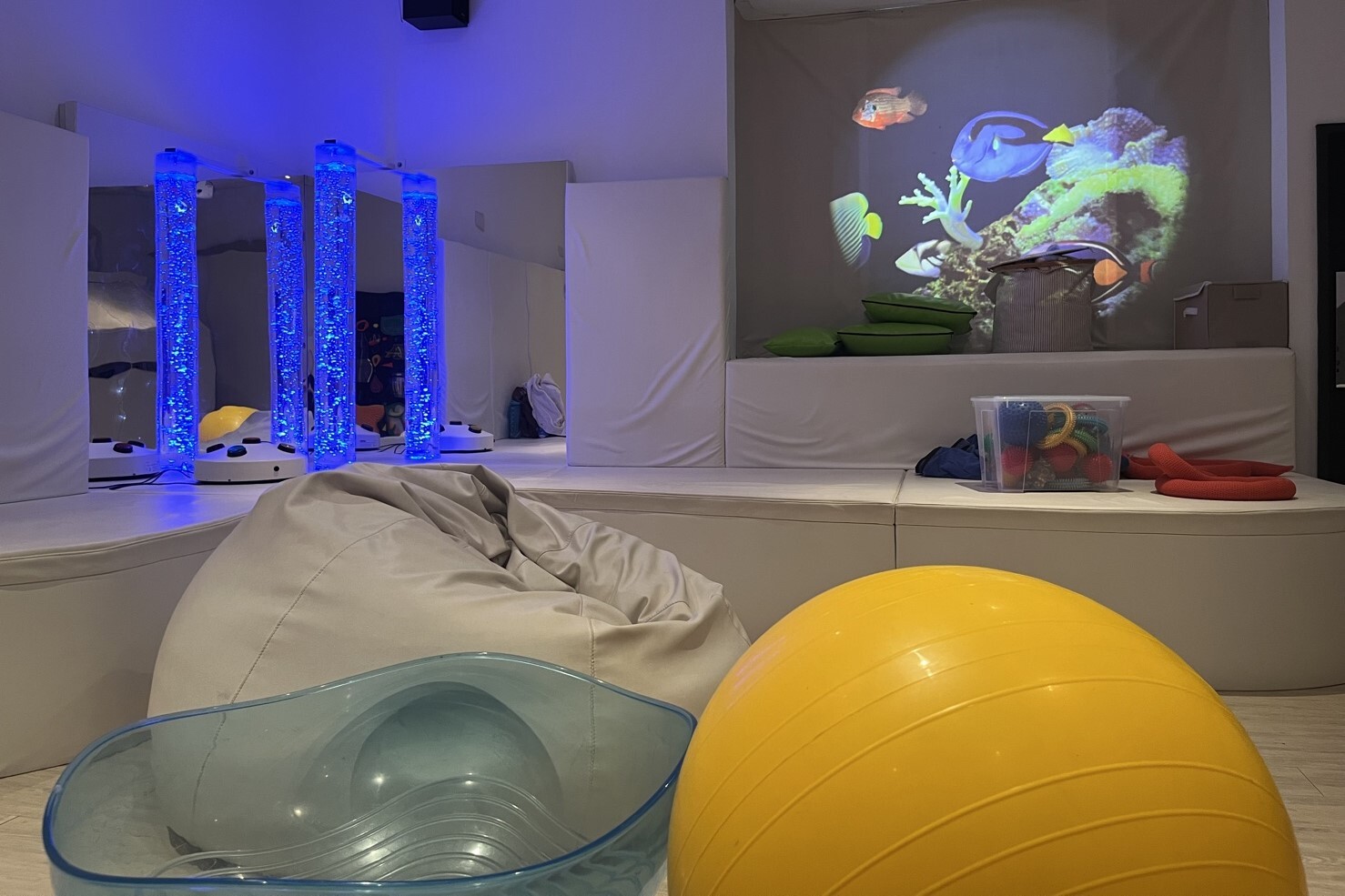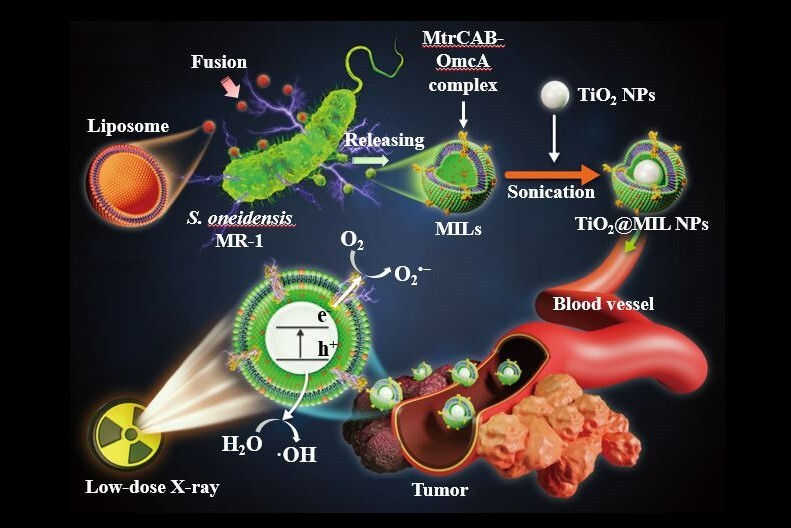SDG3
Industry’s First Combination of Medicine and Electrical Engineering and Computer Science, Furthering AI Education
For the first time, NCKU Medical Center worked with the NCKU College of Electrical Engineering and Computer Science to open novel courses. Under the leadership of NCKU president, Dr. Jenny Su, more than 10 NCKU Medical Center professors and doctors worked together to open a series of courses on “AI Applications and Services in Medical Treatment”. The courses will be available in the College of Electrical Engineering and Computer Science by 2019 to help students systematically learn the new frontier of medical treatment.
The key to this new frontier of medical treatment is to discover new values of AI applications. We expect students to be more open to AI applications and extend their studies. This collaboration between the Center and the College is expected to enhance the training of talents with both backgrounds in engineering and medicine to spread the seed of Taiwan's AI medical technology and speed up the realization of intelligent medical treatment. AI Applications and Services in Medical Treatment is designed for the third year students of the college, and expects clinical doctors to mentor students with engineering design capabilities and engineering background. The goal is to interpret the medical revolution utilizing AI and discover the infinite possibilities of AI medical applications.
For example, cardiac surgeons will explain to students how to efficiently analyze electronic medical records, test data, gene pools and other Big data and develop them into clinical models to assist in diagnosis and treatment decisions. Medical imaging doctors will start with practical cases and explain how AI assists in reading medical images. Oncologists will talk about how to apply the massive gene data to clinical circumstances. Neurologists will explain how to use AI to diagnose complex neuropathies.
For many years NCKU Medical Center has been collaborating with domestic and overseas world-class Big data experts to study and apply AI for medical treatment. For example, in cardiovascular diseases, researchers study young patients with myocardial infarction due to an Asian-specific gene mutation. They combine blood biochemistry indicators to predict the outcome of cardiovascular diseases. In cancer precision medicine, NCKU has established a database of oral cancer, breast cancer, pancreatic cancer, colorectal cancer and endometrial cancer samples for analytical platforms. Through AI-assisted biomedical analysis, NCKU can explore genovariation related to Taiwanese specific cancers, and establish a predictive model for assessing cancer recurrence to develop treatment strategies. In neurology, NCKU will utilize the support of AI computing to establish clinical indicators for rapid diagnosis of neuropathy caused by cancer chemical treatment. Researchers will combine this with gene exploration to analyze the relationship between genovariation and neuropathy in order to predict which patients are prone to specific types of neuropathy. NCKU's research experience in AI medical treatment and applications not only demonstrates AI application in Medicine, but also acts as the cornerstone of intelligent medical treatment.
The development of AI applications in medical treatment requires talents with both backgrounds in medicine and engineering, and powerful hardware. NCKU is now working with NVidia, the world's leading developer of visual computing technology and GPU processors, to use super computers to perform advanced studies on AI-assisted medical treatment, including gene exploration, medical image reading, and medical image restructuring.
The key to this new frontier of medical treatment is to discover new values of AI applications. We expect students to be more open to AI applications and extend their studies. This collaboration between the Center and the College is expected to enhance the training of talents with both backgrounds in engineering and medicine to spread the seed of Taiwan's AI medical technology and speed up the realization of intelligent medical treatment. AI Applications and Services in Medical Treatment is designed for the third year students of the college, and expects clinical doctors to mentor students with engineering design capabilities and engineering background. The goal is to interpret the medical revolution utilizing AI and discover the infinite possibilities of AI medical applications.
For example, cardiac surgeons will explain to students how to efficiently analyze electronic medical records, test data, gene pools and other Big data and develop them into clinical models to assist in diagnosis and treatment decisions. Medical imaging doctors will start with practical cases and explain how AI assists in reading medical images. Oncologists will talk about how to apply the massive gene data to clinical circumstances. Neurologists will explain how to use AI to diagnose complex neuropathies.
For many years NCKU Medical Center has been collaborating with domestic and overseas world-class Big data experts to study and apply AI for medical treatment. For example, in cardiovascular diseases, researchers study young patients with myocardial infarction due to an Asian-specific gene mutation. They combine blood biochemistry indicators to predict the outcome of cardiovascular diseases. In cancer precision medicine, NCKU has established a database of oral cancer, breast cancer, pancreatic cancer, colorectal cancer and endometrial cancer samples for analytical platforms. Through AI-assisted biomedical analysis, NCKU can explore genovariation related to Taiwanese specific cancers, and establish a predictive model for assessing cancer recurrence to develop treatment strategies. In neurology, NCKU will utilize the support of AI computing to establish clinical indicators for rapid diagnosis of neuropathy caused by cancer chemical treatment. Researchers will combine this with gene exploration to analyze the relationship between genovariation and neuropathy in order to predict which patients are prone to specific types of neuropathy. NCKU's research experience in AI medical treatment and applications not only demonstrates AI application in Medicine, but also acts as the cornerstone of intelligent medical treatment.
The development of AI applications in medical treatment requires talents with both backgrounds in medicine and engineering, and powerful hardware. NCKU is now working with NVidia, the world's leading developer of visual computing technology and GPU processors, to use super computers to perform advanced studies on AI-assisted medical treatment, including gene exploration, medical image reading, and medical image restructuring.

SDG3NCKU Department of Occupational Therapy Manages Tainan City Social Affairs Bureau's Multisensory Therapy Classroom
View more
SDG3Nature Nanotechnology: NCKU Nanomedicine Milestone Research On Coated Bacteria To Suppress Cancer With Low-Dose Irradiation.
View more




















